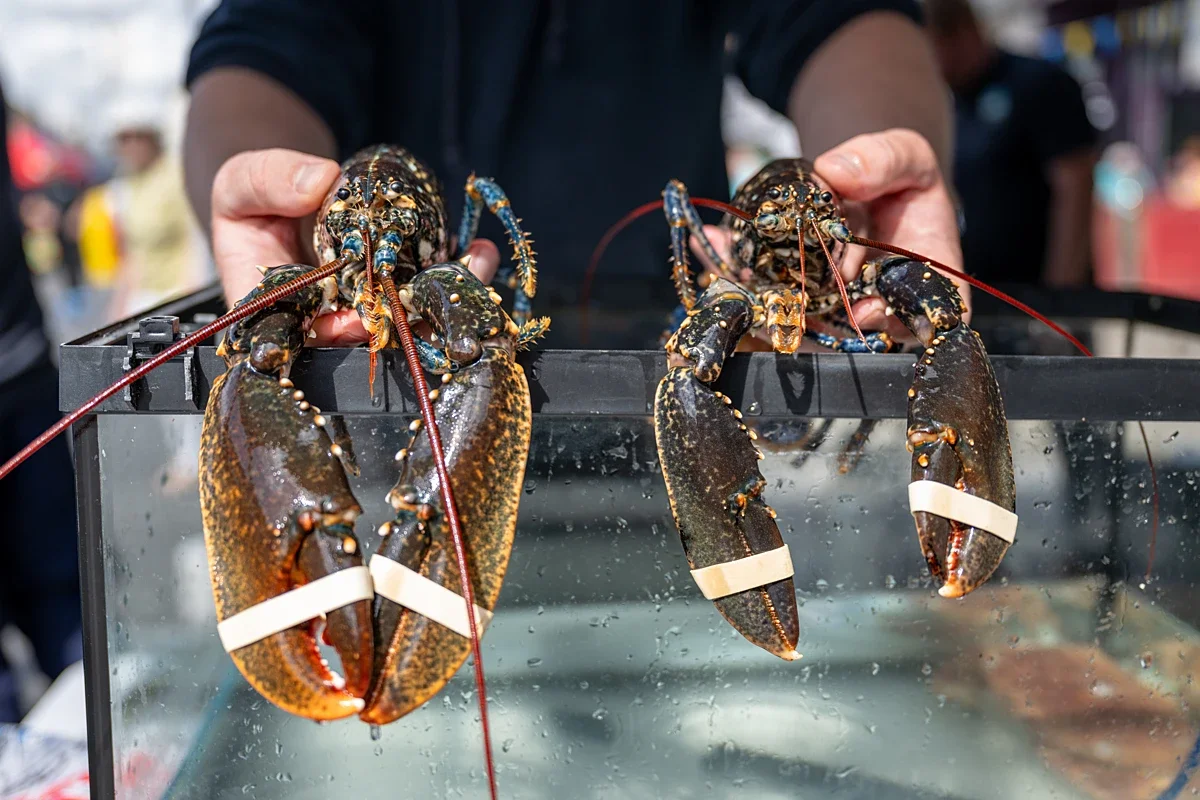New California Law Passed To Reduce Amount of Animal Tests
The progress is a hopeful sign that there is continued momentum to replace animal tests with more accurate, ethical and modern tests that rely on cutting-edge technology instead of animals.
Rabbits, dogs, and monkeys are among the animals currently used in animal tests.
A bill that effectively aims to lower the number of animals used in laboratories has passed in California.
AB 357 amends existing animal testing laws in the state to increase the list of non-animal alternatives that laboratories are required to use.
Current laws passed back in 2000 state that products including pesticides, household products, and industrial chemicals must replace animal tests with non-animal alternatives.
This means that the new amendment will ensure more animal tests are replaced with non-animal tests, helping to reduce the overall number of animals used each year.
The new law also includes an unprecedented mandate that requests laboratories to submit an annual report that includes details on the number and type of animals used in tests, as well as the alternatives used.
This mandate will help to offer more transparency on the animal testing industry in California, and could help companies face more scrutiny to ensure that they are using non-animal testing alternatives where possible.
Macaque monkeys are commonly used in biomedical testing.
The bill received wide bipartisan support throughout the legislative process, and was finally signed into law by Governor Gavin Newsom earlier this month.
According to the Humane Society of the United States (HSUS), nearly 4.5 million animals are currently kept in California laboratories.
Animal Testing in the US
At a national level, HSUS estimates that more than 50 million dogs, cats, monkeys, rats, and other animals are currently suffering at testing facilities in the US. Due to what HSUS calls “limitations in federal law”, such facilities are only required to disclose information about certain animal species in their care, which does not include the vast majority of animals used in experiments.
Additionally, facilities in the US are also not required to disclose what types of experiments they are conducting on animals.
Moving Away From Animal Testing
Earlier this year, the campaign against animal testing made a big push forward when President Joe Biden signed into law the FDA Modernization Act 2.0. The Act ended a federal mandate that experimental drugs must be tested on animals before they are used on humans in clinical trials. The mandate had been in effect since 1938, and its removal will spare many animals from needless tests.
Wayne Pacelle, president of the Center for a Humane Economy, described the Act as “the biggest policy development in Congressional history in the quest to replace animal testing with morally and scientifically superior non-animal methods”.
Put simply, the new law effectively makes it easier for drug companies to use alternative methods to animal testing. This is essential as more and more scientists embrace animal-free methods, such as cell-based tests and "organ-on-chip" technologies, which offer promising avenues for safer, more effective research and experimentation.
Earlier this month, we sat down with Monica Engebretson, the North American head of public affairs for Cruelty Free International, the leading organization working to end animal testing worldwide and in the US. Listen here.
We Have A Favor To Ask…
Species Unite amplifies well-researched solutions to some of the most abusive animal industries operating today.
At this crucial moment, with worldwide momentum for change building, it’s vital we share these animal-free solutions with the world - and we need your help.
We’re a nonprofit, and so to keep sharing these solutions, we’re relying on you - with your support, we can continue our essential work in growing a powerful community of animal advocates this year.
More stories:
Species Unite
A collection of stories of those who fight the good fight on behalf of animals.






First published in 2015, How Not to Die has become one of the most influential books on plant-based nutrition. Now, its central arguments have been adapted into a documentary film examining the links between diet and long-term health outcomes.